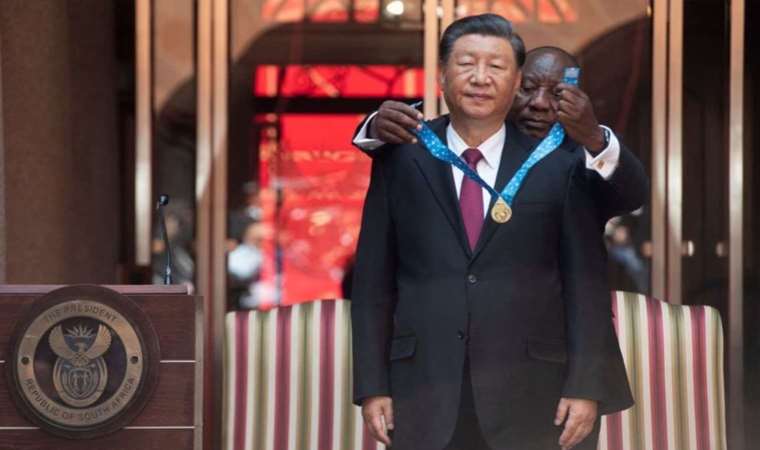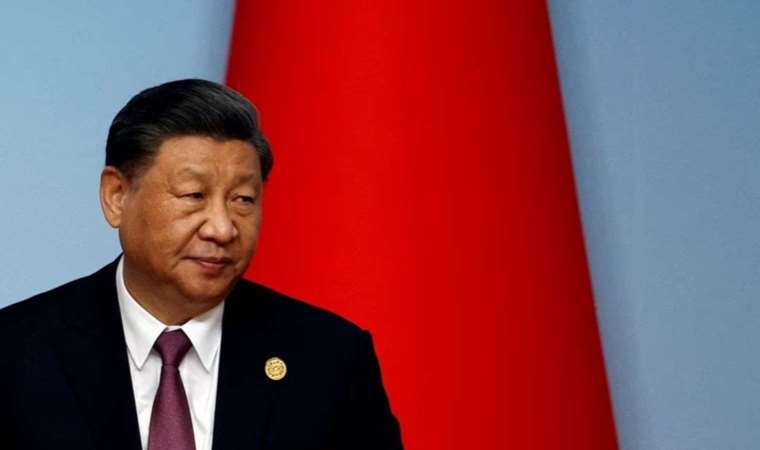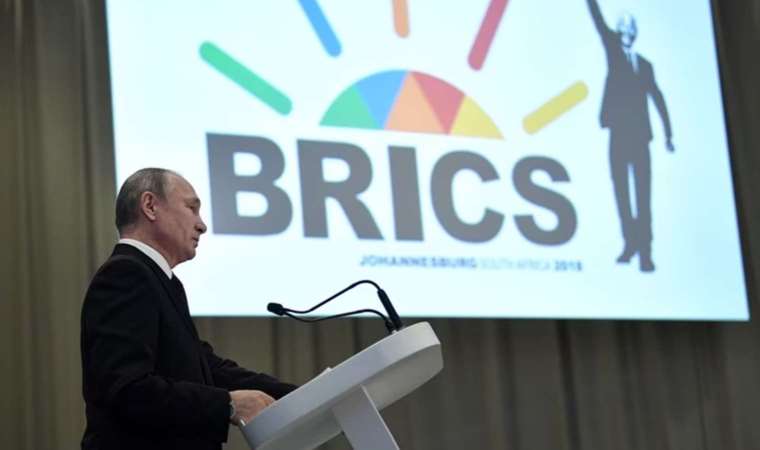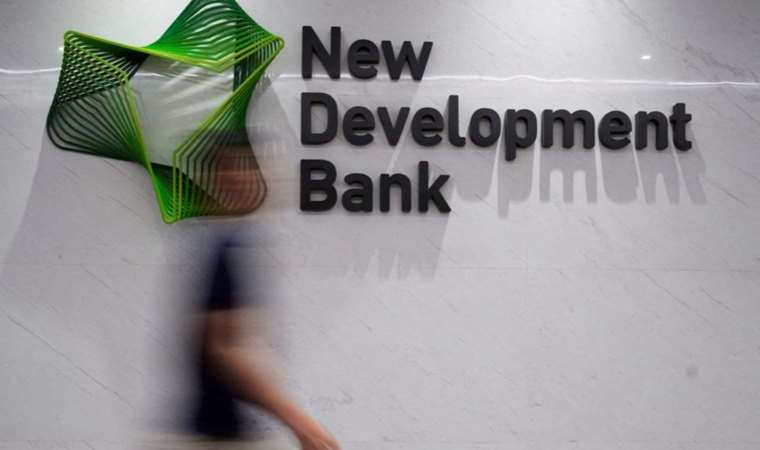BRICS leaders to discuss expansion at summit in South Africa
Leaders of the BRICS nations - Brazil, Russia, India, China and South Africa - converged on Johannesburg on Tuesday for a summit where they will weigh expanding the bloc as some members push to forge it into a counterweight to the West.

Johannesburg welcomed the leaders of the BRICS nations - Brazil, Russia, India, China, and South Africa - on Tuesday for a summit that holds discussions on expanding the bloc, while certain members aim to position it as a counterbalance to Western influence.
Amid heightened global tensions sparked by the Ukraine conflict and intensifying rivalry between China and the United States, the push to fortify the bloc has gained urgency. BRICS, at times plagued by internal divisions and a lack of cohesive vision, seeks to emerge as a cohesive force on the international stage.
South Africa hosted Chinese President Xi Jinping for a state visit ahead of scheduled meetings with other BRICS leaders later in the day. President Cyril Ramaphosa, alongside Xi, emphasized their shared stance on expansion, stating, "We share your view, President Xi, that BRICS is a crucial forum with a pivotal role in global governance reform, multilateralism, and worldwide cooperation."
The summit, scheduled from August 22 to 24, also sees the presence of Brazil's Luiz Inacio Lula da Silva and Indian Prime Minister Narendra Modi. Russian President Vladimir Putin, facing international arrest warrants over alleged war crimes in Ukraine, will participate virtually.
"I am confident that the upcoming summit will be a significant milestone in BRICS' development," Xi expressed upon his arrival in South Africa.
Beyond expansion, discussions around promoting the use of local currencies among member states are also on the summit agenda. However, South African organizers clarify that there will be no deliberations regarding a BRICS currency, a concept proposed by Brazil earlier this year as an alternative to dependence on the dollar.
DIVERSE CHALLENGES
The BRICS grouping spans a spectrum of economies, ranging from China, currently the world's second-largest economy dealing with a slowdown, to South Africa, this year's host and a smaller economy grappling with power shortages causing daily blackouts.
While India and Brazil have been reaching out to the West, and Russia faces Western sanctions due to its actions in Ukraine, the group's diversity poses challenges. Internal conflicts, such as occasional border disputes between India and China, further complicate decision-making within a consensus-based framework.
China has long advocated for expansion, envisioning broader membership as a means to amplify the group's influence. With approximately 40% of the world's population and a quarter of global GDP already within its fold, the BRICS grouping aims to consolidate its global standing.
During an evening mini-retreat and dinner, the leaders are expected to delve into discussions about the framework and criteria for admitting new member countries.
However, the question of expansion itself remains contentious. While Russia seeks new members to counter its diplomatic isolation due to Ukraine, India, cautious of Chinese dominance, maintains a "positive intent and an open mind," according to Foreign Secretary Vinay Kwatra. Meanwhile, Brazil voices concerns about diluting its influence through BRICS expansion.
While the prospect of BRICS enlargement remains uncertain, the bloc's commitment to champion the developing "Global South" and offer an alternative to the Western-dominated world order is already resonating. Over 40 countries have expressed interest in joining BRICS, with nearly two dozen formally requesting admission and some anticipated to send delegations to Johannesburg.



